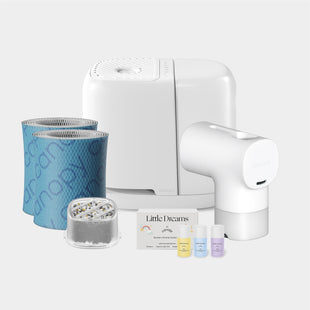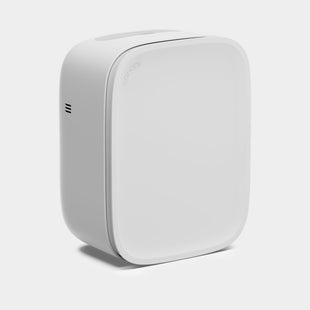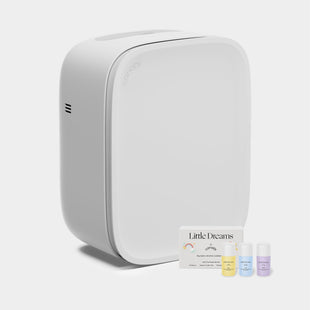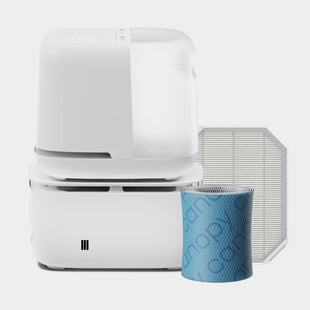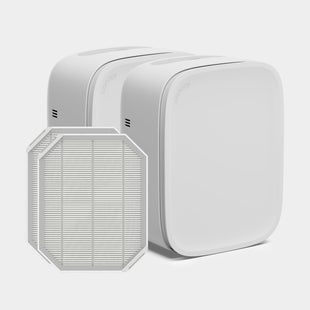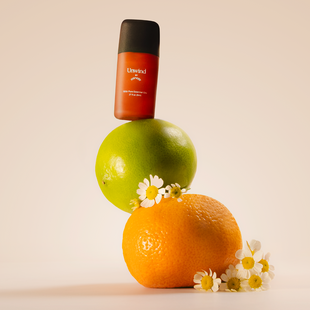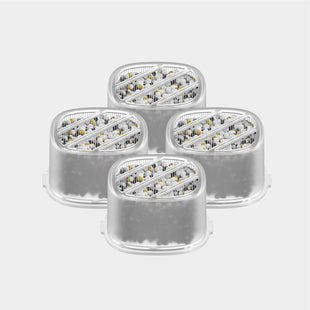Laryngitis occurs when the larynx, or voice box, becomes inflamed or irritated due to a virus. The inflammation can distort how sound is carried over vocal cords, creating hoarseness. While it can be irritating, laryngitis is rarely serious and typically goes away on its own. In the meantime, it’s important to rest and make yourself more comfortable. Here are some symptoms to watch for and soothing home remedies to try.
Common Laryngitis Symptoms
When the voice box becomes inflamed, it can lead to a host of uncomfortable symptoms. For example, you may experience:
- Persistent cough
- Postnasal drip
- Uncomfortable swallowing
- Dry throat
- Hoarseness while speaking or loss of voice
- An ongoing urge to clear your throat
- Feeling as if there’s a lump in your throat
These symptoms are often unfamiliar to young children, so they may not be able to communicate what they’re feeling. If your kids don’t yet have the words to describe their symptoms, look for a dry cough, hoarseness or no voice, and a fever.
Home Remedies for Laryngitis
Most cases of laryngitis are caused by viruses that clear up on their own, but it’s also possible for long-term laryngitis to be caused by other factors, such as allergies or acid reflux. While it’s a good idea to see a doctor if your illness doesn’t subside after a few weeks, there are several home remedies for laryngitis you can use to alleviate symptoms.
Rest your voice
We tend to take our voices for granted and may not realize how much we speak until it hurts to do so. It’s important that you rest your swollen, irritated vocal cords as much as possible to give them a chance to heal. Try to reschedule any obligations that would require you to speak for prolonged periods of time, such as giving presentations, or use an amplifying app or device.
Stay hydrated

Beverages like water and clear broth will help you stay hydrated, which can flush out mucus and loosen phlegm. Hydration will also prevent the throat from becoming dry and scratchy. Be sure to keep drinking fluids throughout the day.
Try tea with honey
A warm cup of tea can soothe an irritated throat. Certain varieties, such as green tea, have anti-inflammatory and antiviral properties, which may also help cure your laryngitis sooner. For an added benefit, pour some honey into your cup. The sweet nectar has antimicrobial and wound-healing benefits, which can help treat inflammation. Honey has also been shown to decrease mucus production and help control cough.
Gargle with salt water
Warm salt water will ease pain in your throat and loosen mucus. It may also help kill the germs that contribute to laryngitis. Add half a teaspoon of table salt to an 8-ounce cup of warm water. Stir, then gargle the water for about 15 seconds. Spit it out promptly to avoid swallowing.
Use throat lozenges
Throat lozenges keep the throat moist, helping control symptoms. If you’re experiencing painful swallowing, try medicated lozenges, which can numb the throat.
Using a humidifier for laryngitis
Does a humidifier help with sore throats? The answer is yes—here’s why.
A home’s humidity levels should be between 40% and 60%, but laryngitis often strikes in the winter, when indoor air is much drier. Adding moisture to the air with a humidifier can rehydrate your mucus membranes, helping you to feel better. Moreover, many people tend to breathe through their mouths when they get sick and congested, which can further dry out the throat. Having more moisture in the air helps ease dryness and irritation. If you’re using a humidifier for voice-related symptoms, be sure to place it in the room where you spend the most time, such as your bedroom.
For clean, breathable indoor air with just the right amount of moisture, turn to Canopy. Our original humidifier is perfect for bedside use and treats rooms up to 500 square feet. The unit’s Auto Mode maintains optimal humidity levels without any need for manual adjustments, and the generous 2.5-liter tank allows for up to 36 hours of use.









